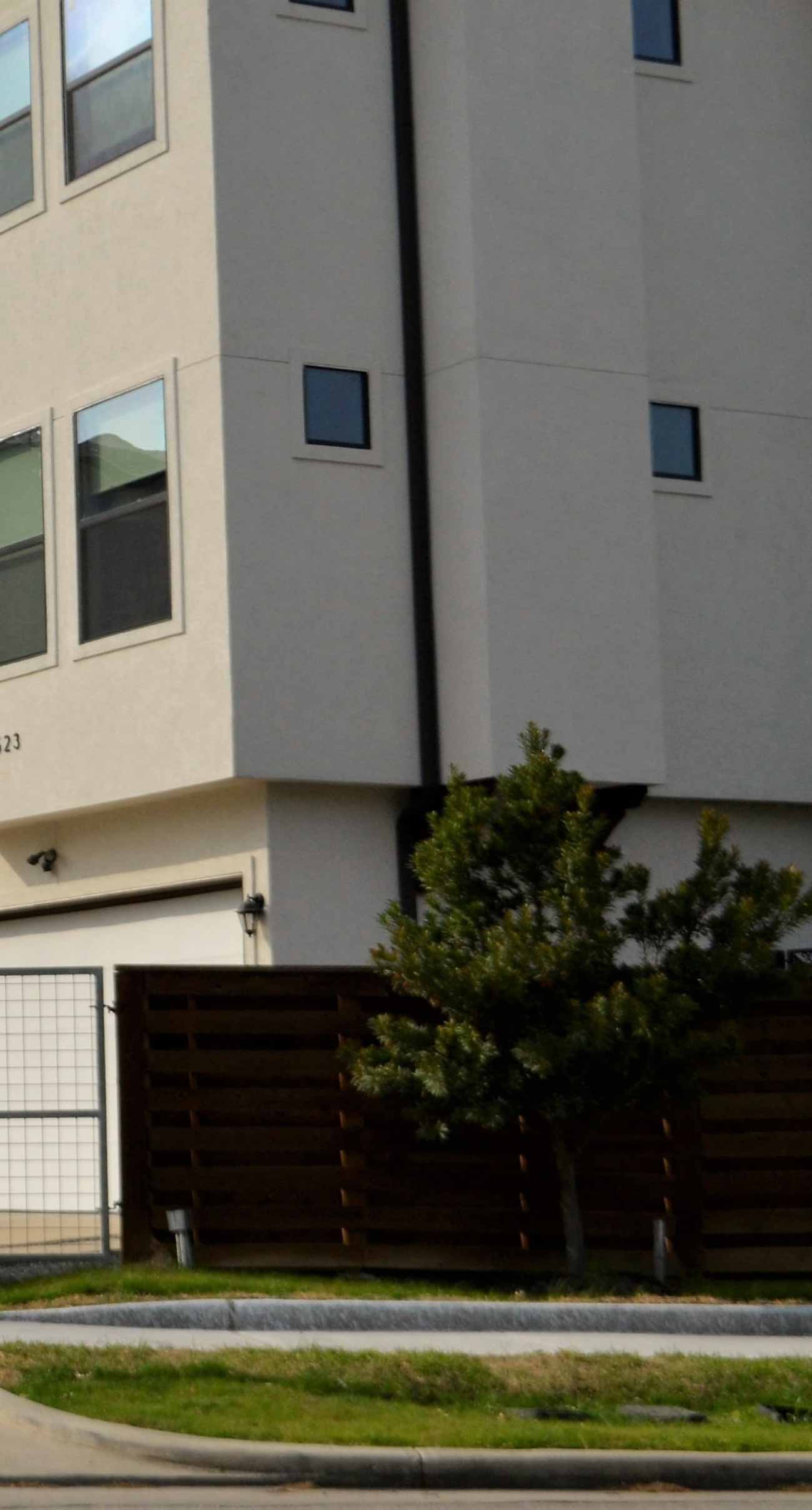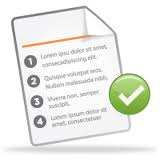Got this post from LifeLock (www.lifelock.com) and thought it deserved to be seen:
![]() Whether it’s at the coffee shop or the airport, connecting to free public Wi-Fi on your laptop, smartphone or tablet is a convenient way to catch up on emails or do a little web surfing. But that convenience sometimes comes at a cost: hackers and identity thieves can exploit these open connections to steal your personal and financial information.
Whether it’s at the coffee shop or the airport, connecting to free public Wi-Fi on your laptop, smartphone or tablet is a convenient way to catch up on emails or do a little web surfing. But that convenience sometimes comes at a cost: hackers and identity thieves can exploit these open connections to steal your personal and financial information.
Instead of staying away from public Wi-Fi, just stay safe. Following these five simple steps will help protect your private data from prying eyes:
- Don’t make online purchases or access your bank account.If you don’t want someone getting ahold of your banking information or credit card number, it’s best not to access your accounts when connected to public Wi-Fi.
- Double-check the network name.Sometimes thieves will set up fake Wi-Fi hotspots with legitimate sounding names. You access the fake network and they get access to your data. Double-check the network name with a server, barista or other employee before logging on.
- Turn auto-connect off.Many smartphones have a setting that will allow these devices to automatically connect to any open Wi-Fi network. Check your phone’s settings to make sure this feature is turned off and take control of what networks you access.
- Switch up your passwords.Don’t use the same password for all of your online accounts. This way if one account is compromised, the rest stay safe.
- Look for the lock.A locked padlock in the address bar of your web browser means the information submitted to that particular site is encrypted. While this provides an extra layer of security when connected to public Wi-Fi, it’s not fail-safe. Don’t share information online that you wouldn’t be comfortable sharing with the person sitting at the table next to you.
[subscribe2]



